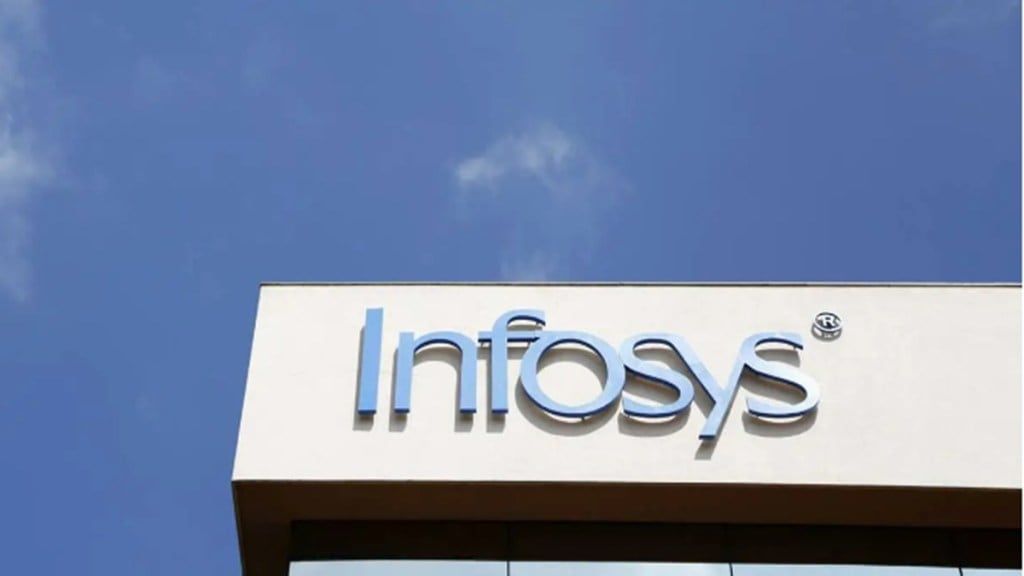By Ayushman Baruah
Margin erosion at Indian IT services companies is expected to continue for the medium term due to higher employee costs, low graduate uptake, limited increase in pricing, travel expenses and high onsite inflation.
“Sharp margin misses across scale IT services vendors in the June quarter were deeper than feared with incremental growth coming at lower margins. We expect the margin erosion to persist in the medium term and stay meaningfully below long-term trends,” JP Morgan said in its latest report.
With seven out of 11 tech companies up for a wage hike in Q2, upcoming margin decline is likely to be more broad-based. “We see limited incremental margin levers ahead to cope with wage increases, persistent retention costs, subcons and creeping up travel/facility costs and find FY23-24 margin expectations optimistic. We turn more bearish on the sector and highlight structural margins rather than growth slowdown should be key sector concern,” the JP Morgan report added.
Infosys’ operating margin narrowed to 20.1% in Q1FY23 compared to 23.7% in the same quarter of the previous year and 21.5% in Q4FY22. Similarly, operating margin of Tata Consultancy Services (TCS) narrowed to 23.1% in Q1FY23 compared to 25.5% in the year-ago period and 25% in Q4FY22. Wipro’s operating margin contracted to 15% in the June quarter, the lowest among peers, compared to 18.8% in the year-ago period and 17% in the December quarter.
Also read: Digital finance company Protium says it has crossed Rs 3,000 crore in loan disbursements
Though mid-tier IT firms have fared better in revenue growth in Q1, margin pressure remains a concern. “Tier 2 companies outperformed tier 1 peers in sequential revenue growth but their margins faced high supply-side pressure compared to their tier 1 peers. We expect supply-side pressure to persist for the next 2-4 quarters and ease out gradually with strong fresher hiring,” analysts at Emkay Research said.
Mphasis’s margin came in at 15.3% near the lower end of the FY23 guidance of 15.25-17%. “We note that Mphasis has most stable, or least volatile, margin performance across the IT pack,” analysts at ICICI Securities said.
Coforge’s Ebitda margin declined about 300 basis points quarter-on-quarter on salary hikes and increase in selling, general and administrative costs. “The sequential drop in Ebitda margin is attributed to salary hikes (250 basis points),” ICICI Securities said.
Employee salaries typically account for about 50-60% of the total costs in IT companies and higher costs of onboarding and training new employees due to high attrition rates have been impacting margins at most of these firms.
“We expect margin pressures for the sector to continue in fiscal 2023, and stabilise in fiscal 2024 at almost similar levels as fiscal 2023. Employee salary hikes which were substantial in fiscals 2022 and 2023 are likely to be in single digits in fiscal 2024, helping stabilise margins,” said Anuj Sethi, senior director, Crisil Ratings.
Also read: Telangana govt’s WE Hub incubator partners with UK’s neobank Tide to support women-led SMEs
Crisil believes these players can defend margins through premium pricing as well as effective cost levers by maintaining a healthy offshore-onsite employee mix and reducing sub-contracting amid rising visa approvals with roll-back of protectionist policies in key service regions.
However, analysts opined that premium pricing will be available only for few digital-based skills in high demand. Pricing of traditional or legacy deals which involve generic coding and development skill sets will remain under pressure.

